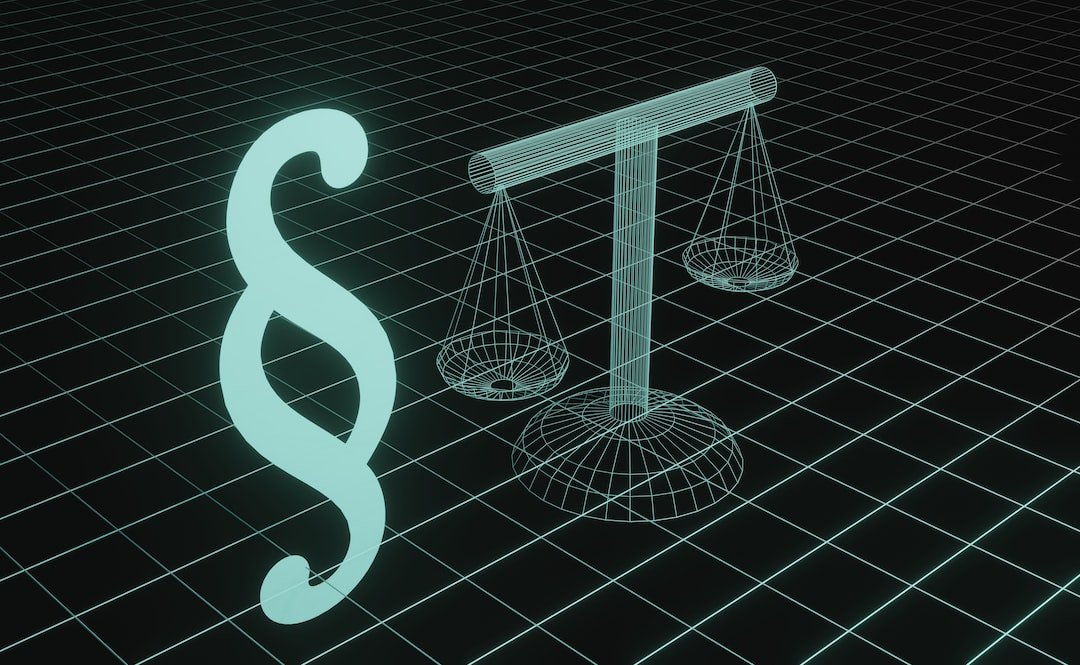Blockchain technology is the buzzword of the digital age. It has the potential to revolutionize the way we conduct transactions, verify identities, and store data. Blockchain is essentially a digital ledger that is used to store data in a secure and decentralized manner. In this article, we will discuss what blockchain technology is, how it works, and its potential applications.
What is Blockchain Technology?
Blockchain is a decentralized technology that allows for secure, transparent, and verifiable transactions between two parties without the need for intermediaries such as banks or governments. It is essentially a digital ledger that records transactions in a decentralized way, meaning that there is no centralized authority controlling the system. This makes it virtually impossible for anyone to manipulate the system or alter the data stored in it.
How does Blockchain Technology work?
Blockchain technology is built on a distributed network of computers that work together to maintain a secure and decentralized ledger. Each block in the ledger contains a set of transactions, and each block is linked to the previous block in the chain, forming a chain of blocks. This means that once a block is added to the chain, it cannot be altered or removed without altering the entire chain. This makes the system extremely secure and tamper-proof.
The system relies on a consensus mechanism to ensure that everyone on the network agrees on the state of the ledger. This is achieved through a process called mining, where participants on the network solve complex mathematical puzzles to validate new transactions and add them to the ledger. As a reward for their efforts, the miners are given a small amount of cryptocurrency.
What are the Potential Applications of Blockchain Technology?
Blockchain technology has numerous potential applications across various industries. Here are some of the most promising:
1. Banking and Finance
The banking industry is one of the sectors that could benefit the most from blockchain technology. With blockchain, banks could eliminate intermediaries and reduce operational costs, while also improving transparency and security. Additionally, blockchain technology could be used to develop new financial instruments and enable cross-border payments in real-time.
2. Healthcare
In the healthcare industry, blockchain technology could be used to securely store patients’ medical records and ensure that they are accessible to authorized parties only. This would improve transparency, reduce paperwork, and enable patients to have greater control over their health data.
3. Supply Chain Management
Blockchain could be used in supply chain management to create a transparent and secure record of all transactions in the supply chain. This would enable companies to verify the authenticity of products, reduce fraud, and improve efficiency.
4. Voting and Elections
Blockchain could be used in voting and elections to create a transparent and auditable voting system. This would improve the accuracy and legitimacy of voting results and reduce the risk of fraud or manipulation.
Conclusion
Blockchain technology is a revolutionary innovation that has the potential to reshape the way we conduct transactions, store data, and verify identities. It offers numerous benefits, including improved transparency, reduced costs, and increased security. With its vast potential applications, blockchain technology is poised to become one of the most disruptive technologies of our time.

